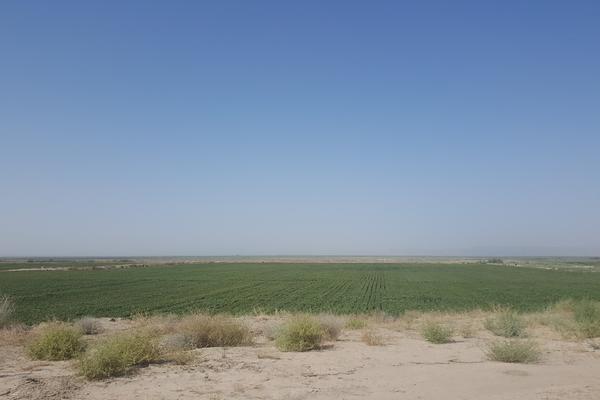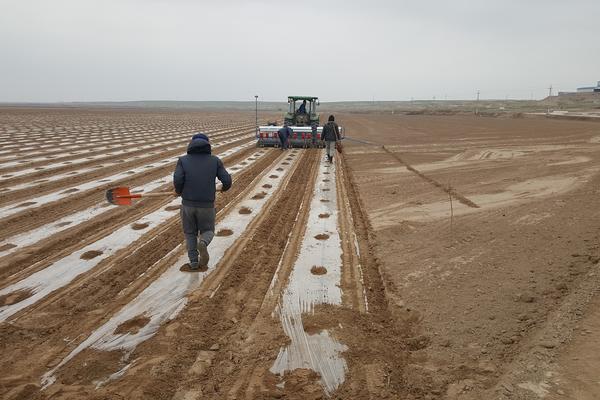Case Study: Tajikistan
China’s cotton diplomacy in Tajikistan
Dr Irna Hofman
Listen to Irna speaking about her work on a Belt and Road podcast here.
This case study looks into the question of how Chinese actors engaged in the agricultural economy of Tajikistan navigate the legal landscape of the country, and whether and to what extent the presence of these Chinese actors is bringing about change in Tajikistan’s legal framework.
Focussing on the production of cotton, a major cash crop in Tajikistan, ethnographic fieldwork was conducted in 2020 and early 2021 in different districts in Tajikistan’s southwest region of Khatlon to study the dynamics around Chinese agribusinesses.
Regular visits were made to the offices and fields of the agribusinesses, and interviews were held with numerous local actors (field workers, administrators, contractors). The aim was to examine interactions between the Chinese companies and local state and societal actors, including the ways in which Chinese agribusinesses recruit local labourers, how they secure access to land and water, and how they engage with Tajik law. Interviews were also held in urban centres with lawyers, state officials, agricultural scientists, and stakeholders of non-agricultural Chinese companies e.g. those engaged in infrastructure and construction.

Law in Tajikistan is performative in nature. Law, and reference to law, is omnipresent in daily life. But Tajik bureaucracy is complex and the capacity of the state to enforce law, is low. As a result, law enforcement remains uncertain and is also ambiguous in nature, as the social and political capital of legal subjects matters, in the extent to which they are frequented by regulators. Within this setting, Chinese actors seem to adapt, rather than transform or challenge, local ways of ordering. They have come to understand Tajikistan’s legal culture. While parts of society are said to be “legally illiterate,” it is rather disbelief in law, or scepticism, which shapes people’s attitude to law and the juridical system. Thus “legal nihilism” or “legal apathy” better characterise Tajikistan’s legal culture. In this setting, Chinese actors in Tajikistan may be regarded as “norm takers” rather than “norm makers”. However, they may gradually assume the role of “norm shakers” by triggering growing consciousness among Tajik society regarding issues related to land use, environmental degradation, and labour rights all of which may have ramifications for law and order in the country.
Importantly, there are striking parallels between Tajikistan and China with regard to the significance of social and political capital in business transactions. In Tajikistan, the prominent Chinese agribusinesses operate in partnership with key cotton elites and with Chinese and Tajik brokers. While they have in-house legal specialists and make some use of law firms in Tajikistan, they mainly rely on elites which enables the Chinese companies to operate relatively smoothly, safeguard access to land and water, and recruit local labourers. However, companies do encounter problems at the local level where local actors try to benefit from the presence of Chinese in various ways.

Partnering with local elites seems not just to be driven by the need to overcome or avoid operating problems. Engaging with well-connected elites is sometimes an implicit requirement, as elites with vested interest in the cotton sector do not easily share or give up their sources of rent. The recent substantial investment by China in Tajikistan’s cotton economy seem to represent “cotton diplomacy.” The investments result in a revival of the Tajik cotton sector and strengthen elites’ loyalty. By probing China’s globalisation with regard to law through the lens of engagements in the cotton sector, I locate cotton in geopolitics and connect historical with contemporary debates on the importance of the crop.



